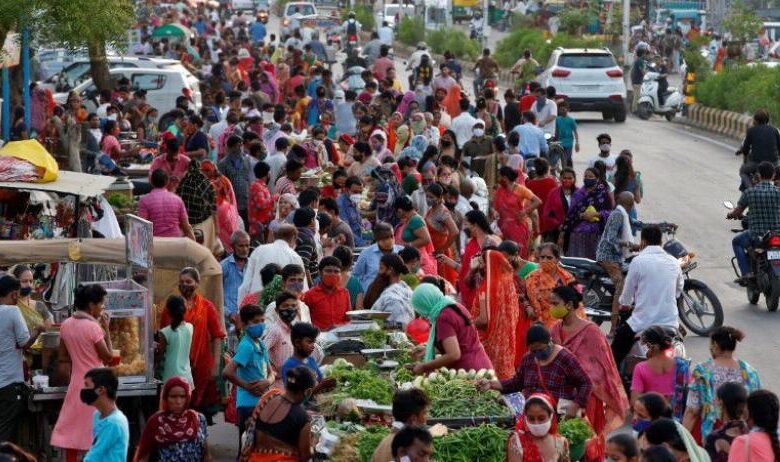Will the third wave be as devastating as the second wave?

The second wave in India has been devastating. We are still battling against it. An anticipated third wave is said to hit the country. Nobody knows what is going to happen. But a question arises that will the third wave be as lethal as the second wave?
The Head of Epidemiology at ICMR, Dr. Samiran Panda, said that the third wave will not be as severe as the second wave. He also added that a proper vaccination program and appropriate COVID measures could help mitigate these waves.
Furthermore, Dr. Panda emphasized testing of the vaccine against Delta Plus Variant is ongoing. In many parts of India, a concern for the new variant is there.
While considering the data given by the central government. 48 cases of the new variant are recorded in 11 states. Moreover, Maharashtra witnessed the first death due to the delta plus variant this Friday.
So, the government ordered malls and other small establishments in the city to should down. This step will ensure that the variant does not spread. On Saturday, Tamil Nadu reported its first death due to the new variant.
The devastating impact of the second wave and the new delta variant has alarmed everyone. Both the central and the state governments are fearing and preparing for a third wave.
Also, experts think that if a third wave comes it will be less devastating than the second.
Recently, the Indian Journal of Medical Research (IJMR) published a study. The study is based on mathematical model analysis. Stating that an emerging third wave could be mitigated by expanding the vaccination drive.
Presently 40 percent of the population has received two doses of vaccine. Achieved within the first two months of the second wave. The vaccination drive could reduce the severity of the infection by 60 percent. Hence, we can say that expansion of the vaccine drive will reduce the overall burden during the possible third wave.
Mathematical model analysis was done on the possibility of the upcoming wave. Authored by Sandip Mandal, Balram Bhargava and Saamiran Panda from ICMR. Along with them was Nimalan Arinaminpathy from the Department of Infectious disease Epidemiology, MRC Center for Global Infectious Disease Analysis, School of Public Health, Imperial College, and London, UK.
The four potential mechanisms of transmission were analyzed. First, the waning immunity exposes individuals to a susceptible state.
Second, the emergence of a new variant is capable of escaping the immunity to previous strains. Third, the emergence of a new viral variant is more transmissible. Fourth, the release of lockdown provides new opportunities for the emergence of a new wave.
Notably, all this is according to the above study.
Therefore, a scenario where waning immunity results in the full loss of protection is possible. Thus, a new variant can spread even after the vaccination. Hence, strong immunity will prove to be the game-changer.
Do read our other article: PM Modi promises to double the natural gas pipeline network in next 6 years




